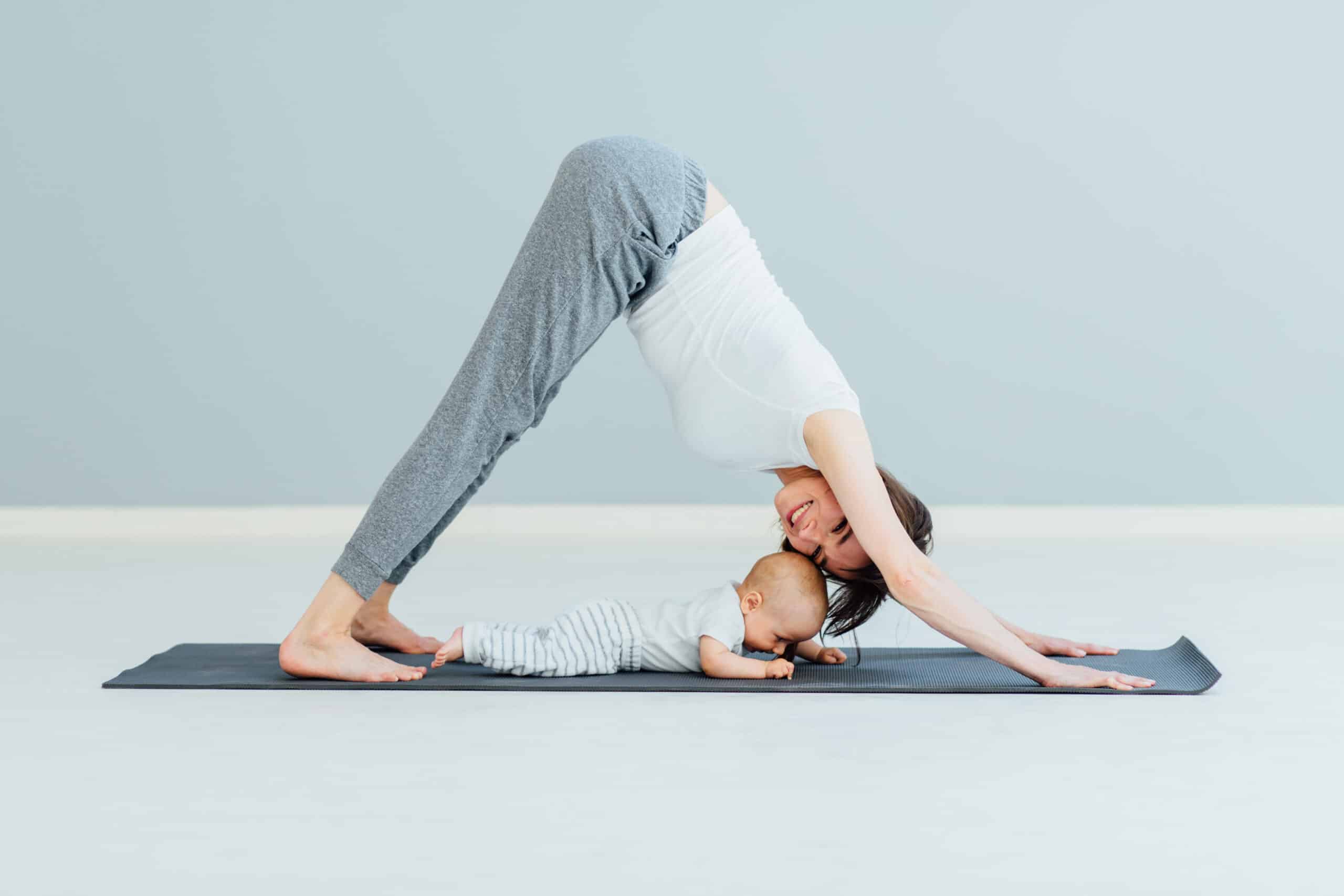Why You Should Consider Breaking Up With Your Scale
Home » Stress Less » Why You Should Consider Breaking Up With Your Scale
For people with real weight loss goals, using a scale seems to make inherent sense. Why wouldn’t you weigh yourself to check your progress?
But for many of us, the number on the scale is far from neutral; it can be emotionally triggering. Seeing a “good” number triggers positive feelings while a “bad” number triggers feelings of shame and failure. Truthfully, either reading can influence our behaviors, attitude, and motivation to eat healthy, exercise, and even socialize with others.
Envision waking up in the morning feeling absolutely refreshed, healthy, and clear-headed. As you head into the kitchen to brew your daily cup of coffee, you veer off and decide to jump on the scale to check your progress. You peer down at the blinking digits, and you’re crushed by the number glaring back at you. The action seemed so nonchalant, yet now you’re feeling an overwhelming sense of self-judgement and anxiety.
RELATED: Anti-Anxiety Yoga Poses That Will Help You Manage Stress
If you find yourself dealing with emotional ups and downs every time you use the scale, you’re not alone. In fact, if you’re struggling with scale anxiety, it may be time to ditch the habit altogether. Here are a few reasons it may be time to stash your scale in a closet.
4 Reasons You Should Stop Using a Scale
1. Weight is variable and complicated
Weight is simply a data point. Our bodies are complex, and scale weight is influenced by numerous physical and emotional factors such as hydration status, glycogen stores, menstrual and hormonal changes, bowel movements, exercise, muscle mass, sleep, and stress. Not to mention body weight can fluctuate significantly throughout the day, and research shows women can experience even greater weight fluctuation during certain phases of their menstrual cycles.
RELATED: 8 Important Factors That Affect Weight Loss
2. Weight doesn’t necessarily reflect overall health or body composition
If you recently started a new exercise program with a resistance training component you may be adding lean muscle to your body. YESSS! Research shows the addition of lean body mass can improve bone mineral density, increase metabolism, improve mental health, and overall quality of life. The caveat to building muscle is you may see a slight uptick on the scale or no weight loss at all, even though your clothes may be looser. The scale cannot tell the difference between fat mass and hard-earned muscle mass.

3. Success is non-linear
If you’ve set a weight loss goal or an intention to be healthy, most likely your progress will resemble zig-zagged lines rather than a linear path. Rather than focusing on a single number, redirect your attention to setting intrinsic goals over single traits that provide external validation. Start small by setting intentions like improving body acceptance, eating empowered, increasing energy for daily tasks, and gaining strength and confidence in your unique abilities.
4. You can reach your goals without weighing
It’s true! There are so many methods to measure progress without the scale. Start by fine-tuning and journaling your health journey. Take note of accomplishing goals you set. Can you eat until you’re satisfied rather than full? Are you sleeping through the night? Is your skin glowing? Cravings diminished? Can you crush your favorite workout or slip into your favorite jeans with comfort?
If you’re nodding in agreement, you’re already 90 percent there. The real indicator for success in any health journey is the mental shift that accompanies the small, healthy choices we make leading to a happy and healthy Nutritious Life.
By Victoria Frosini, NLC
 Victoria Frosini is a passionate writer, nutrition coach, cooking expert, and ACSM-certified personal trainer. She is the founder of WeCollabnutrition.com, a health & wellness website focused on the burgeoning intersection of wellness, technology and sustainable living.
Victoria Frosini is a passionate writer, nutrition coach, cooking expert, and ACSM-certified personal trainer. She is the founder of WeCollabnutrition.com, a health & wellness website focused on the burgeoning intersection of wellness, technology and sustainable living.
Victoria earned her Master of Science degree in Nutrition and Dietetics at Marywood University where she conducted phenomenological research on social media’s influence on weight loss. Prior to launching WeCollab Nutrition, Victoria led popular stadium classes at Flywheel Sports and Ripped Fitness in Westchester, NY. She has contributed to online nutrition and wellness publications and has coached and counseled clients seeking her expertise.
You can find Victoria reimagining family favorite recipes, hosting pop-up fitness seminars, and working with community programs to promote nutrition education and tackle trending health and wellness topics. Visit her website at WeCollabnutrition.com or follow her at @victoria_frosini
The Nutritious Life Editors are a team of healthy lifestyle enthusiasts who not only subscribe to — and live! — the 8 Pillars of a Nutritious Life, but also have access to some of the savviest thought leaders in the health and wellness space — including our founder and resident dietitian, Keri Glassman. From the hottest trends in wellness to the latest medical science, we stay on top of it all in order to deliver the info YOU need to live your most nutritious life.
RECENT ARTICLES

Want a sneak peek inside the program?
Get FREE access to some of the core training materials that make up our signature program – Become a Nutrition Coach.
Get Access"*" indicates required fields
 Stress Less
Stress Less Weight Loss
Weight Loss












































































































































































































































































































































































































































































































































































































































































































































































































































































































































































































































































































































































































































































































































































































































